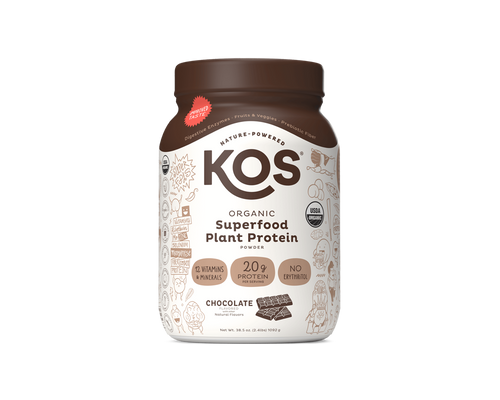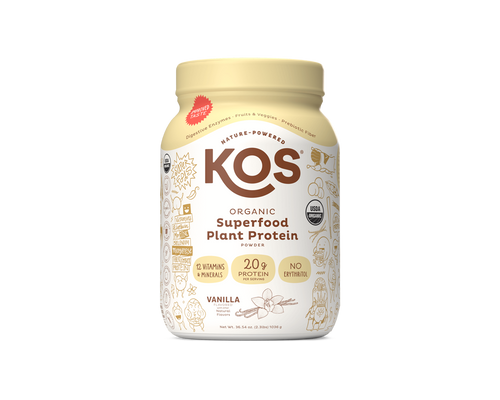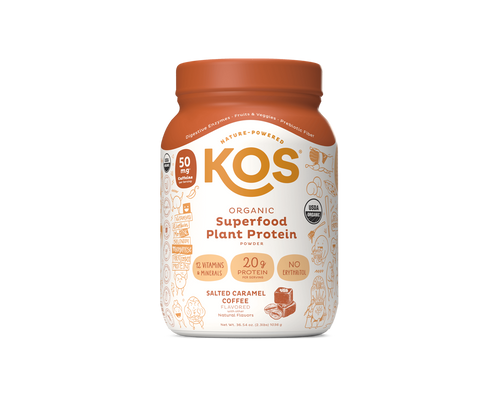Table of Contents
![]()
The world of science is also a world of spoken gibberish; to the lay person, anyway. Take GABA for instance. It sounds like something shouted by a toddler at day care. “GABA!” GABA is in fact short for Gamma-Aminobutyric Acid. So…this is clearly an abbreviation for which we should be grateful.

GABA: Gatekeeper to Your Mood Swings
GABA is an inhibitory neurotransmitter. A neurotransmitter is a chemical that — in the nervous system — pushes the messaging from one nerve cell to the next. An impulse arrives to ring the bell of a nerve cell, and the chemical neurotransmitter sees to it that the incoming impulse is successfully conveyed to the next nerve cell down the line.
This laborious-sounding process of communication is of course lightning-fast. Your hand feeling the bite of an open flame and your “reflexive” yanking back of that hand — the speed of thought-into-action, in other words — is less than 150 milliseconds. A millisecond is a thousandth of a second.

But GABA is an inhibitory neurotransmitter, meaning it fulfills its neuronal function by selectively blocking or damping neural transmissions. What good could that possibly do? Think of GABA as a gate-keeper that lets some signals through and stops or slows the conveyance of other signals.
In the constant, ongoing wash of neural messaging, GABA modulates what news gets sent down the line, and what news doesn’t, with a complicated net effect of providing calm to the brain.
Imbalances of GABA, or of the GABAergic processes that enable it, can lead to mental health issues. Your body’s GABA management supports your mental well-being, to say the least.
Eat Your GABA
GABA is believed to have a major role in controlling anxiety. When GABA levels are “low”, neurologically-induced fear, tension and stress can emerge and play havoc with your life. So how does one make sure they are getting enough of this unpronounceable neurotransmitter to mellow out the over-anxious brain? One way, of course is to eat your way there.

GABA is present in some fermented foods, including kimchi, miso and tempeh, as well as in green, black and oolong tea. Foods that either contain GABA or promote GABA production in your body include soy and adzuki beans, chestnuts, brown rice, mushrooms, tomatoes, peas, spinach, broccoli, cabbage, cauliflower, Brussels sprouts, sprouted grains like buckwheat, and sweet potatoes.
Certain vines and flowers, such as Mouse-Ear Hawkweed, Pokeroot, and Maypop are also activators of GABA production. Nature provides.
Exercise Your GABA
Our old friend exercise can play a role in our mental health, too; which comes as no surprise. We humans are structurally designed for movement, and the downstream effects of properly keeping the body in motion are many.

It’s said that, done four times a week, 30 minutes (give or take) of a good walk, or biking—or any other cardio that suits your present conditioning—can actually increase GABA levels.
Exercise can even help you burn cortisol, a stress-related hormone. Again, we’re talking body movement that suits your conditioning at any given time. Beneficial exercise doesn’t have to be torturous or a physical strain.
Booze and Drugs Are GABA-Suppressors
Drinking alcohol and partaking of other inebriants feels really good. This is not a controversial statement. The pursuit of substances that induce good feeling, though, is ruinous to your GABA production.
 Why? Because the euphoria we feel after a couple martinis is in port due to an artificial up-leveling of your GABA. If your inebriation — to any degree — becomes habitual, your GABA production will enter an epoch of diminishing returns.
Why? Because the euphoria we feel after a couple martinis is in port due to an artificial up-leveling of your GABA. If your inebriation — to any degree — becomes habitual, your GABA production will enter an epoch of diminishing returns. GABA and Junk Food: Mortal Enemies
Junk food is a ruinous feedback loop. How? Nutritionally empty edibles that taste terrific but offer nothing else create fatigue and low moods, because the highly processed junk foods can spike blood sugar, leading to a “crash” that is deeper and longer-lasting than was the ”high” of consuming the jink in the first place. To counteract the crash, you reach for more junk food.

The more you engage in this cycle of junk food “crash and re-launch”, the more depleted your body is of the nutrients needed to stay balanced, and your GABA resources are strained trying to mediate the imbalance.
There’a reason its called junk food. And plainly speaking, there are many ways to appease your craving for sweets or savories without resorting to processed crap. Protect your GABA.
GABA is Your Homegrown Mood Elevator
Our bodies are highly structured chemical reactors. Protecting and augmenting those natural chemical reactions will see us reaching and maintaining an equilibrium of good health and authentic physical energy. When the body’s natural systems are allowed to work at peak, the pistons fire with an efficiency you feel, both mentally and physically. Guarding your GABA — or at the least not interfering with it — is key to an anxiety-reduced daily existence.
Who couldn’t use that?






